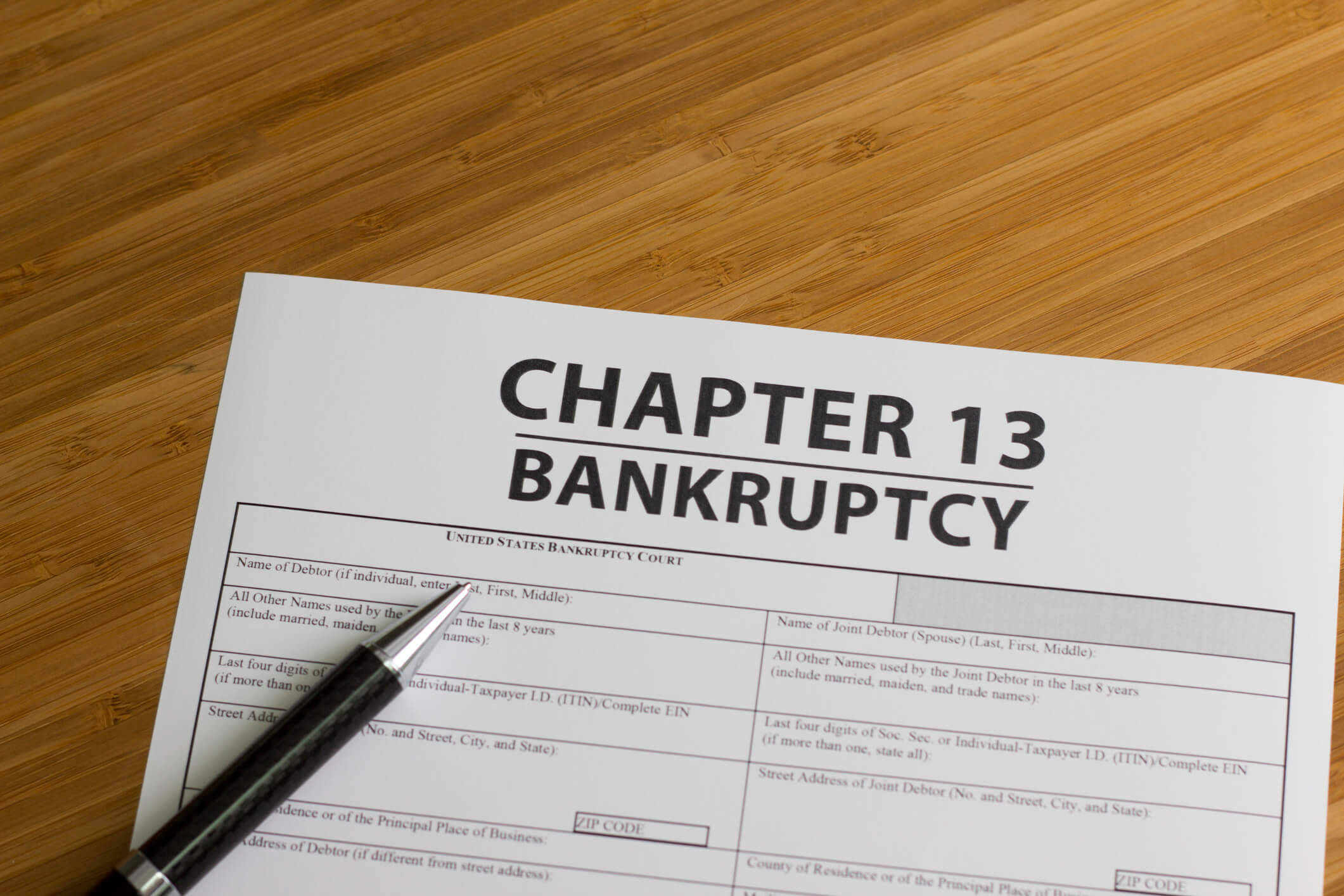What to Do if Your Phoenix Tenants Filed for Bankruptcy
 Whether it's the result of job loss or financial irresponsibility, tenant bankruptcy can pose problems with Phoenix landlords. It can quickly slam on the breaks of your rental income, leaving you wondering where to turn next.
If you have a tenant who filed bankruptcy or is in the process, there are several considerations to keep in mind. This guide will help you determine how to handle tenant bankruptcy in Phoenix.
Whether it's the result of job loss or financial irresponsibility, tenant bankruptcy can pose problems with Phoenix landlords. It can quickly slam on the breaks of your rental income, leaving you wondering where to turn next.
If you have a tenant who filed bankruptcy or is in the process, there are several considerations to keep in mind. This guide will help you determine how to handle tenant bankruptcy in Phoenix.
Defining Bankruptcy
Bankruptcy is a legal proceeding that allows people to eliminated unsecured debt, such as credit cards. This process also stops foreclosure, repossession, wage garnishments, and attempts to collect the unsecured debt. Guess what else? Depending on what part of the process the tenant is at in bankruptcy, a landlord can’t immediately try to collect debts. In fact, you can face a fine for doing so. Before you panic, know that the actions to deal with Phoenix tenant bankruptcy depends on several factors. First, let’s discuss the chapters of Bankruptcy.Chapter 13 Bankruptcy
 Chapter 13 is also known as a wage earner’s plan. This type of bankruptcy can help wage earners pay off debt under a secured payment plan. They make payments in installments over a period of 3-5 years, while federal law forbids creditors from collection efforts. People who run into issues such as job loss typically file Chapter 13.
Chapter 13 is also known as a wage earner’s plan. This type of bankruptcy can help wage earners pay off debt under a secured payment plan. They make payments in installments over a period of 3-5 years, while federal law forbids creditors from collection efforts. People who run into issues such as job loss typically file Chapter 13.
Chapter 7 Bankruptcy
This version of bankruptcy eliminates unsecured debt such as credit cards and medical bills. There is no repayment plan for Chapter 7, and Phoenix tenants walk away without any debt. Chapter 7 is the most common type of bankruptcy. No matter which chapter of tenant bankruptcy you are dealing with, there is an automatic stay appointed by the court.What is an Automatic Stay?
An automatic stay is a statutory injunction that prohibits landlords from trying to obtain possession or control of a tenant’s property. After the tenant receives an automatic stay, a landlord cannot take action. However, this doesn’t mean that you lose all your income. A tenant can make a choice to leave your property once they filed for bankruptcy. This means that you can list your rental properties in Phoenix and carry on with business as usual. The second option is for the tenant to continue paying rent despite that they are going through bankruptcy. The third option is that they will owe post-petition rent plus fees or face eviction.Do Tenants Have to Pay Rent During Bankruptcy?
 If the tenant remains living in your rental property, they must pay post-petition rent---although this can take some time to collect.
For example, if a tenant files bankruptcy before the next lease due date, they are only required to pay the next rent payment plus the associated fees.
Furthermore, lease payments the tenant did not pay before filing bankruptcy is still owed. This is known as a pre-petition claim.
The timing of the bankruptcy filing can play a big role in when and how you will receive rent payment.
If the tenant does not pay the amount due, the landlord is able to request a lift of the automatic stay. This allows the motion of eviction to move forward.
If the tenant remains living in your rental property, they must pay post-petition rent---although this can take some time to collect.
For example, if a tenant files bankruptcy before the next lease due date, they are only required to pay the next rent payment plus the associated fees.
Furthermore, lease payments the tenant did not pay before filing bankruptcy is still owed. This is known as a pre-petition claim.
The timing of the bankruptcy filing can play a big role in when and how you will receive rent payment.
If the tenant does not pay the amount due, the landlord is able to request a lift of the automatic stay. This allows the motion of eviction to move forward.
Evicting a Phoenix Tenant Filing Bankruptcy
The process to evict a tenant in Phoenix over non-payment and bankruptcy is by way of rejecting the lease. This is the legal term for the tenant breaching the lease, requiring them to turn over your property and vacating the premises. This can happen if you request to lift the automatic stay, where the judge allows the eviction process to proceed. However, you can only evict if the automatic stay is lifted and you’re unable to take action otherwise. Keep in mind that if the tenant does other actions to void the lease, such as illegal drug use, the bankruptcy filing won’t do anything to delay or stop the eviction process. When a Phoenix tenant files for bankruptcy, you are not out of options or out of income. While there might be some waiting involved, you will receive your funds whether the tenant pays as usual or its post-petition. If the tenant is successfully evicted, the same laws apply as any other tenant. The tenant must be moved out from the property on the specified date, or other legal or financial consequences can happen to the tenant.Immediate Action to Take for Phoenix Tenant Bankruptcy
While you can’t prevent a phoenix tenant from filing for bankruptcy, there are other ways to take action and lessen the blow of the process.- Prepare for eviction early: If you have signs that a tenant might file for bankruptcy, such as habitually late payments or verbal hints, start the process now. If the eviction is already in motion before the tenant files, it can be easier to evict.
- Work with the tenant’s bankruptcy trustee: Their trustee calls the shots on who gets paid. Keep the door of conversation open so you can find out new information about rent payment.
- Know your rights and the laws: Even though a tenant files for bankruptcy, this doesn’t mean you are out of money or out of luck. Working with an experienced property management company in Phoenix can help guide you through this process.
Be Selective with Tenants to Help Prevent Bankruptcy Issues
It’s important to know who you are renting to and their credit and past rental history. Look for the following when screening a new Phoenix tenant:- Run credit reports for tenants: Most landlords look for credit scores between 600-650 when it comes to renting units.
- Require first and last month’s rent to move in: This will keep you covered for at least two months while the tenant is working through their bankruptcy filing.
- Obtain credit enhancements: This is a way to help you collect rent if the tenant is going through bankruptcy. In addition to security deposits, you can also tap into letters of credit and lease bonds. A good credit enhancement entails the likelihood of being enforced due to bankruptcy.

